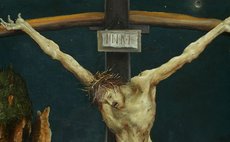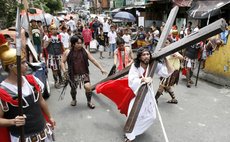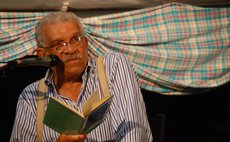Education for Life
It is the end of the scholastic year. Examinations have taken place. Graduation exercises, accompanied by the colourful display of robed students, have graced the otherwise banal scene. Sterling oratorical performances have been delivered. Prizes have been awarded to diligent students. Everything is just as it should be.
However, when we reflect on the state of the world in which we live and that of our own country, we cannot help entertaining mixed feelings. On the one hand, there is a sense of achievement. On the other hand, there is the painful suspicion that we are short-changing our students. We are led to believe that things are not as they should be.
What is the purpose of education? What is the goal of the educational process? What does it set out to achieve? How do we measure the success of an educational system? Do we visualize in our midst an alternative structure that can change the trend which is year by year enforced and consolidated by what appears to be tradition?
Education has as its main purpose the development of God-given talents. Our generous God has bestowed innumerable avenues of development on his children. It is our duty to identify them and harness them for the welfare of society. Let us always remember that our talents are not merely for ourselves but, more than that, to build up our fellow-men. We are made for service. The famous author, Aldous Huxley, in his book, 'Brave New World', reminds us that the greater a man's talents, the greater his power to lead astray. What this means is that it is not enough to encourage students to be diligent, to work hard, to achieve success. All human activity must be inspired and directed by higher ideals. Emphasis must be made on proper moral conduct.
It is possible to go through the whole gamut of the educational process, be proficient in various subjects and master various skills without the real development of the mind. The mind is made for thought. Are we thinking? Or, rather, are we merely robots catering to the need to be successful at examinations?
One eminent bishop, Cardinal Koenig, in his book, 'The Hour Is Now' says: It is dangerous when the muscles grow and not the mind. And it is dangerous today when the technical capacities of man have so increased, but not the power to love. We are like big children, running around thoughtlessly with loaded guns and pointing them at one another.
At graduation ceremonies, one does not hear any reference to the various possibilities of human progression and how we should relate to them. Our students hardly ever hear of the various professions in life and what should be their primary goal. Our young people need to be brought face to face with the social, economic, legal and political dynamic realities of our day. Real education demands this.
One man has made a suggestion which should be relevant to our country. This should lead us to examine other aspects of our society. He says, "A lawyer is either a social engineer or he is a parasite on society." What does this imply about some of our other professionals? Now this is not evident to the untutored minds of our young people. But it should lead them to think, to examine, to assess the society in which they live and make a valuable input.
Education is for living. Life is a tremendous gift. Our educational system has the role of endeavouring to make students aware of the various ramifications of this gift and use it wisely. Are we engaged in the process of doing this? One person has made this categorical statement: "Life is a special gift where too few of us remove the wrapping." How can we help to launch young people into the process of obtaining the fullness of life?
We need professional people, sociologists, to help us to identify our social problems. We cannot do problem solving by pretending that they do not exist? If we refuse to attempt to confront issues of national importance we are irrelevant and useless. We need to make a decisive effort to address the basic issue of undivided commitment to all that is good and loving. The sort of patchwork approach to community and nation building will not do. We need something more radical and transformational than that. It is with the educational process that we must begin.




